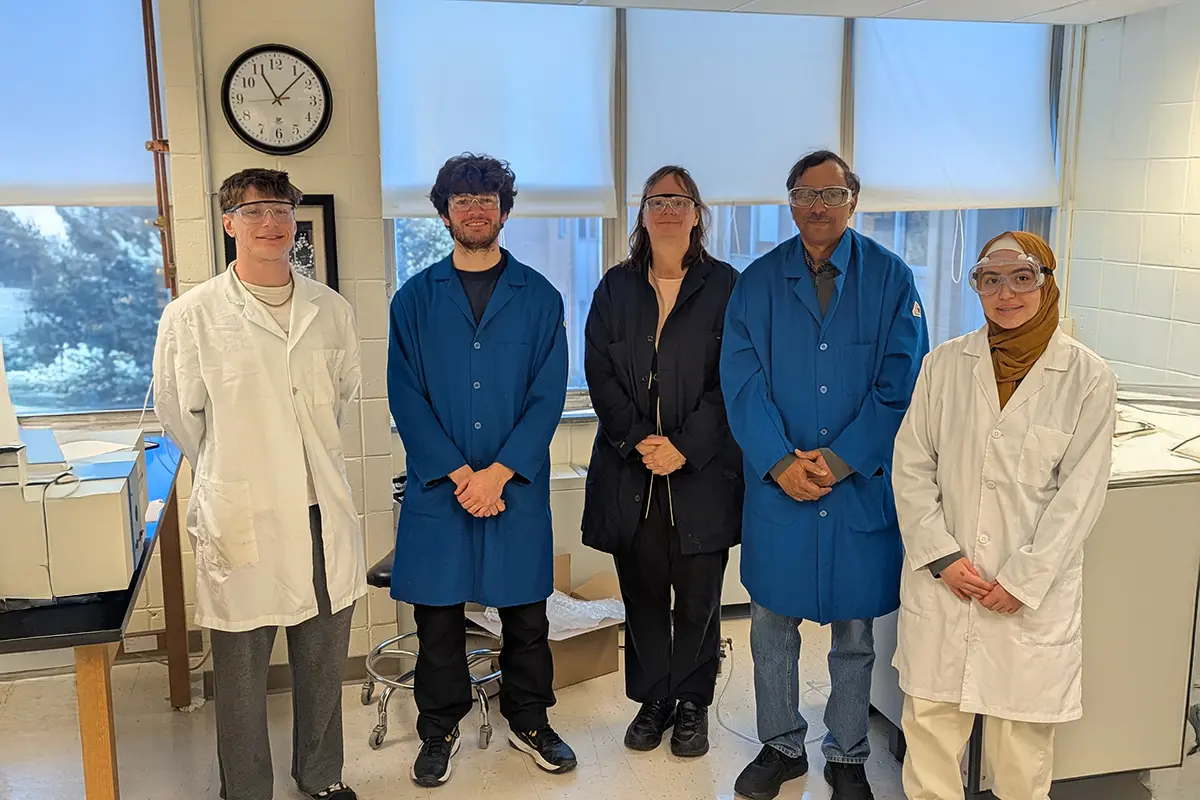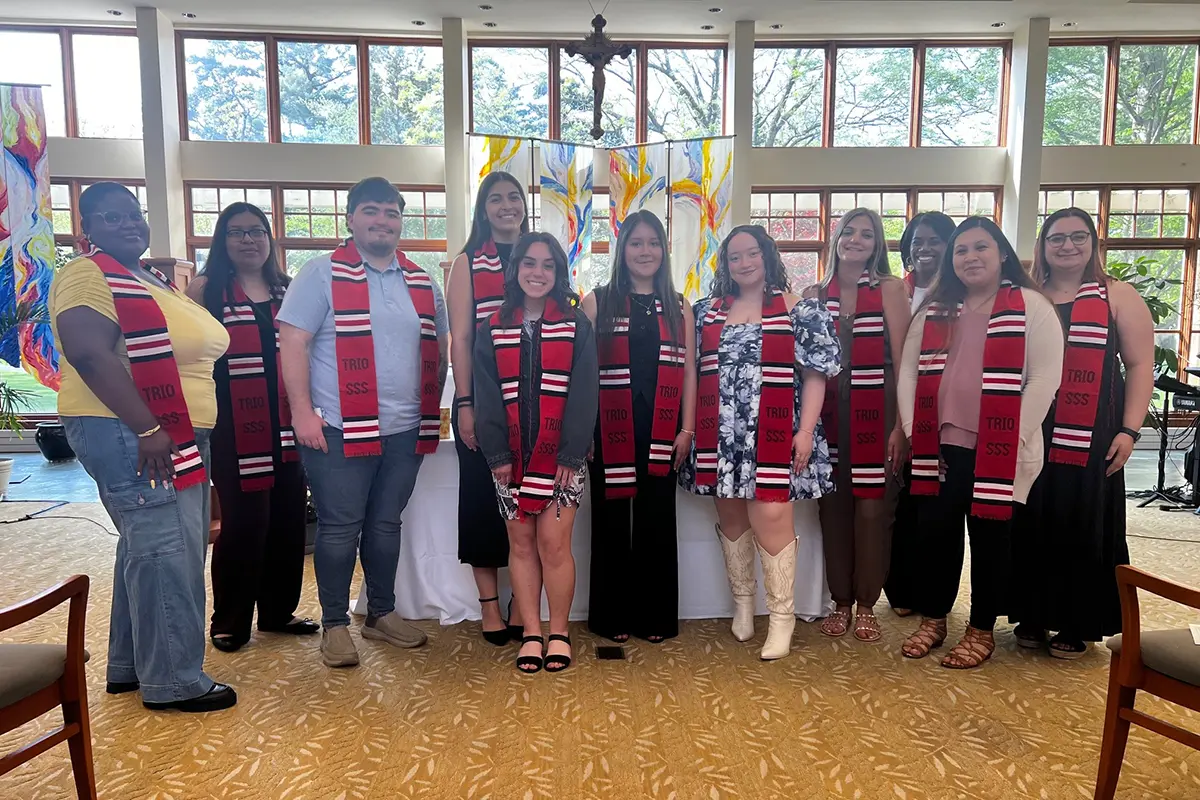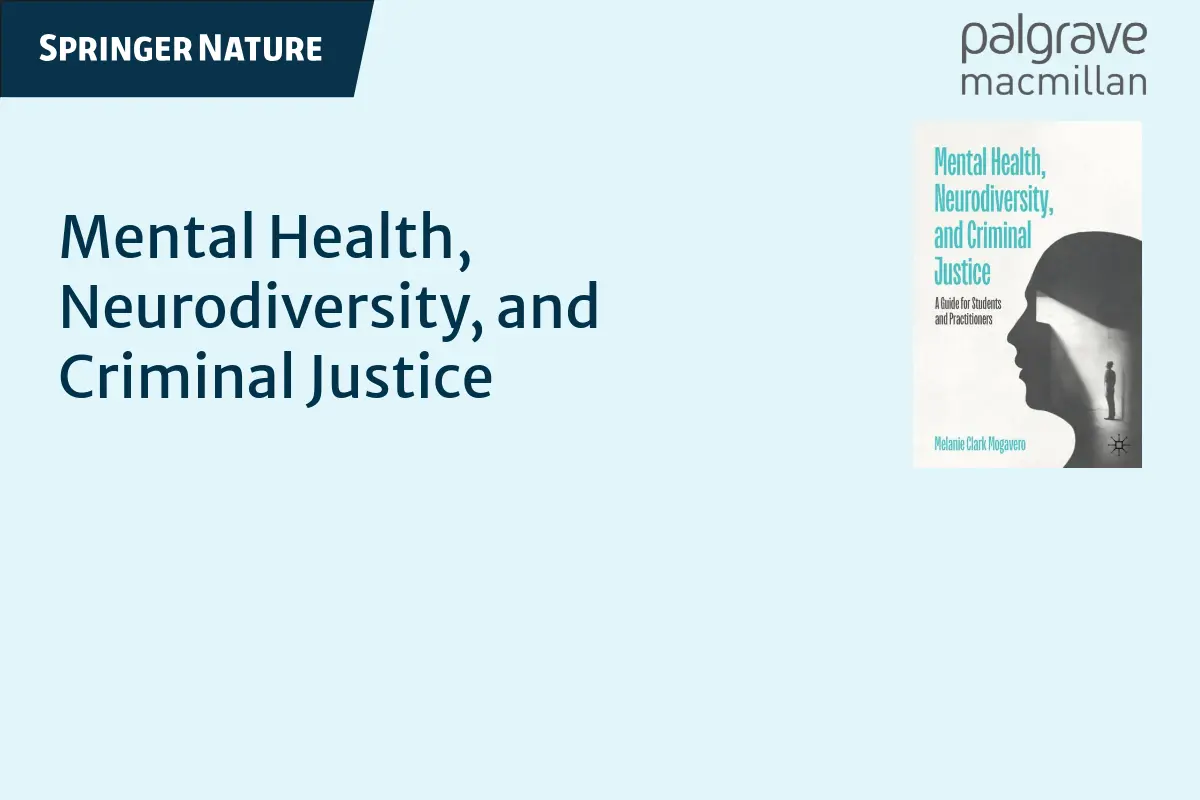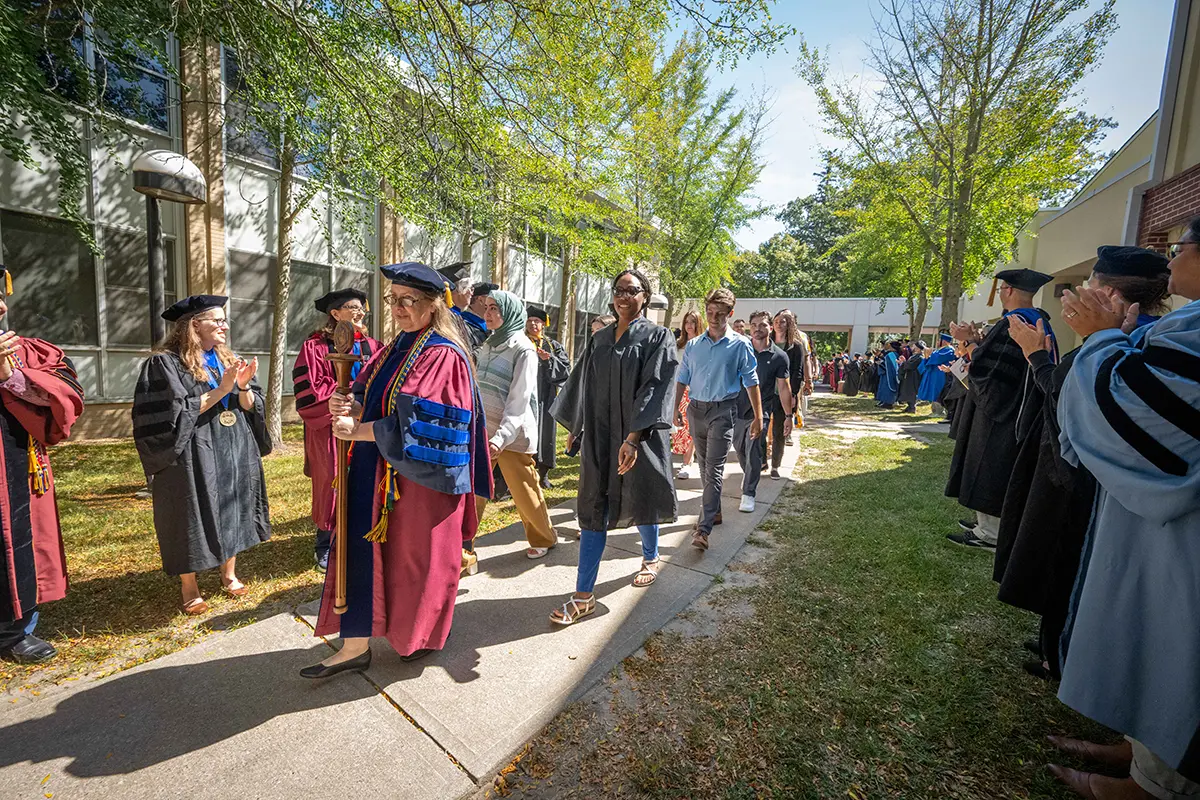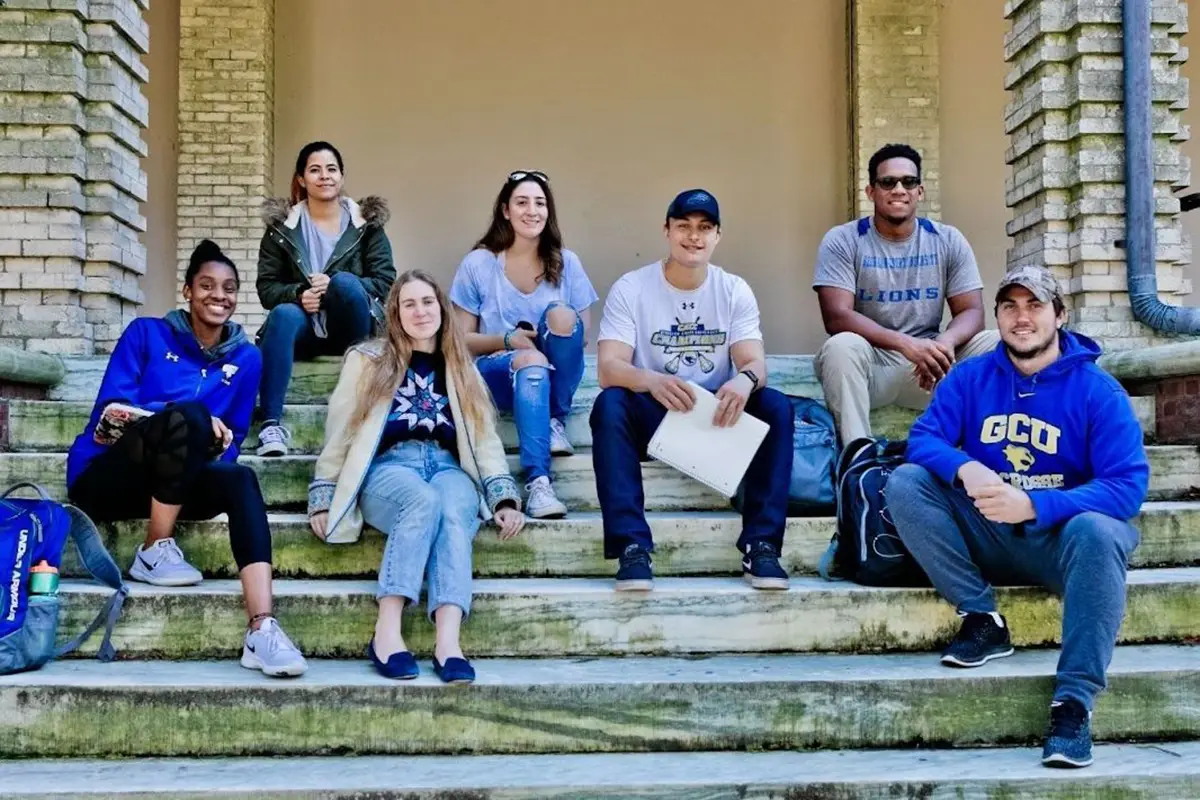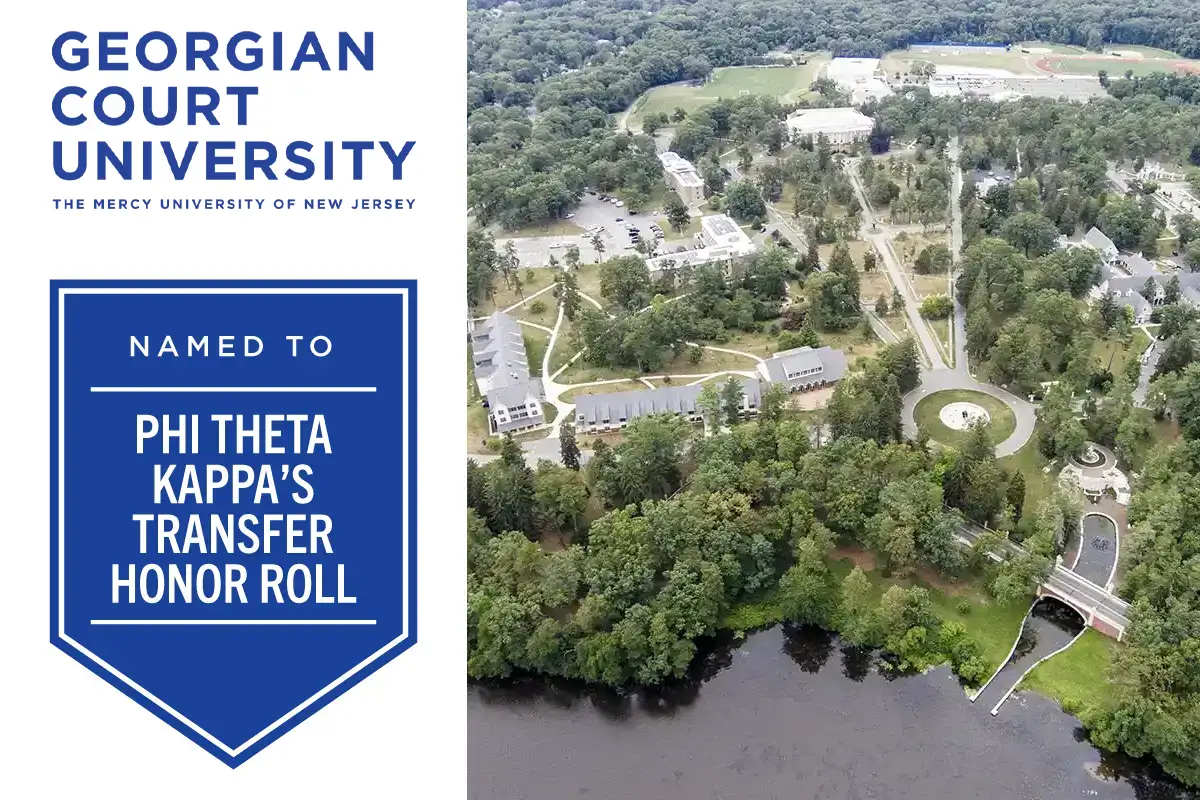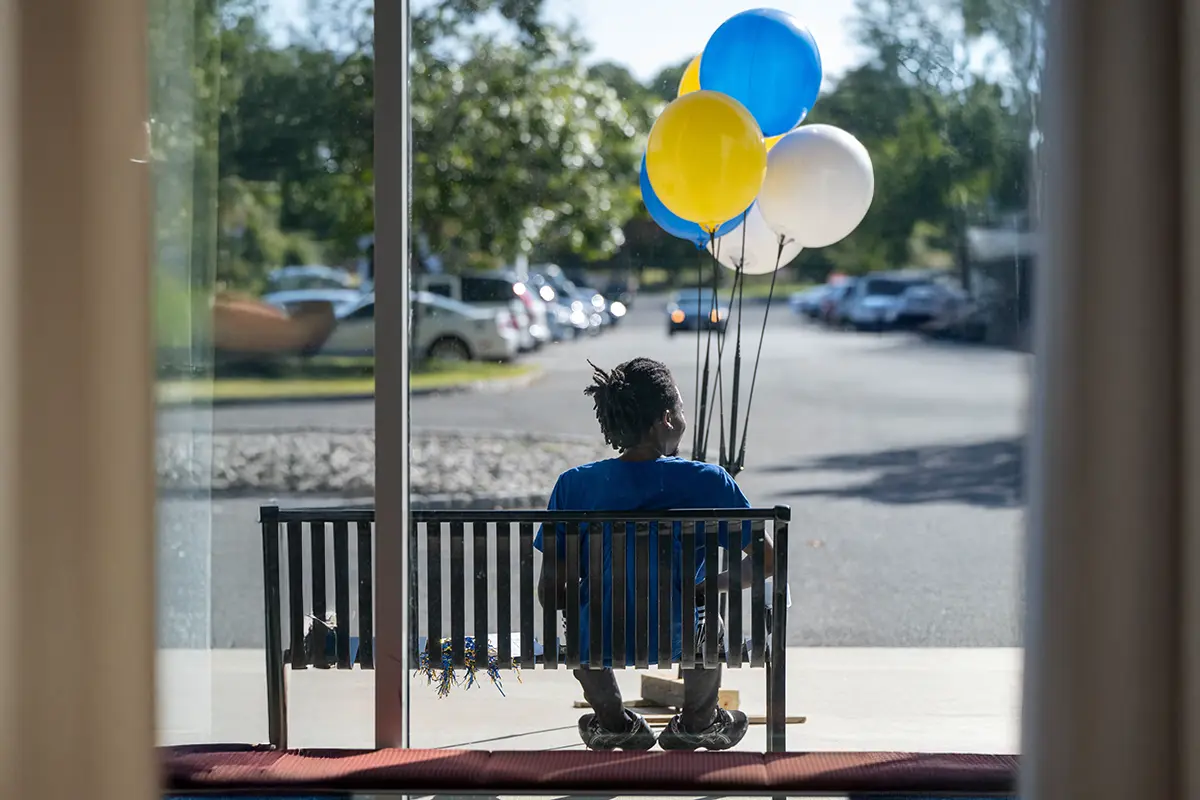Five standout Georgian Court students have been selected to receive NASA NJ Space Grants to support their undergraduate research during the 2024-2025 academic school year. Dr. Anne Tabor-Morris annually champions this opportunity to Georgian Court students, encouraging them to explore complex scientific questions through hands-on research. Each awardee received a $2,000 stipend from NASA for research projects on their chosen scientific topics, with professors in their respective fields supporting and mentoring the students. All research is currently being conducted on-site at Georgian Court, thanks to the support of the grant.
Constantinos Kottas, a junior Computer Information Systems major from Weehawken, NJ, has been researching the topic of the environmental impact that pollution has on various cities across the United States from 2000 to 2023. His project is titled “Using Machine Learning to Identify Highly Polluted Regions and Their Correlation with Time in the U.S.” Upon learning he had been awarded the grant, he was intrigued and excited to pursue the project to gain more experience in the STEM field, apply the knowledge to real-life situations, and collaborate with others on its development.
Constantinos and his faculty moderators, Dr. Sarita Nemani and Dr. Dae Wook (Wooky) Kim, collected various metrics, including maximum CO2 levels, to analyze pollution rates across cities using data visualization and machine learning. This approach helps identify trends over time and explore solutions to reduce environmental congestion in highly polluted areas.
“Our mission is to detect various trends in these cities that could depict high levels of pollution that negatively impact the environment around us,” said Constantinos. “NASA, being an organization focused on exploring the mysteries of space, is constantly collecting data from planet Earth and comparing it to various newly discovered planets. Researching the issues that the environment causes to our planet is a way to provide key data that aids in improving its living conditions.”
This research has allowed Constantinos to make significant progress in problem-solving, critically analyzing complex datasets, and drawing appropriate conclusions. He has gained new skills in data analysis and machine-generated visualization of computational models.
“This grant shows GCU’s commitment to developing undergraduate students in the field of research and innovation so that they can make meaningful contributions to science and technology,” said Dr. Nemani and Dr. Wook Kim. “It also demonstrates GCU’s persistence towards hands-on research learning, which develops the necessary confidence and readiness for interdisciplinary problems, graduate studies, and STEM careers.”
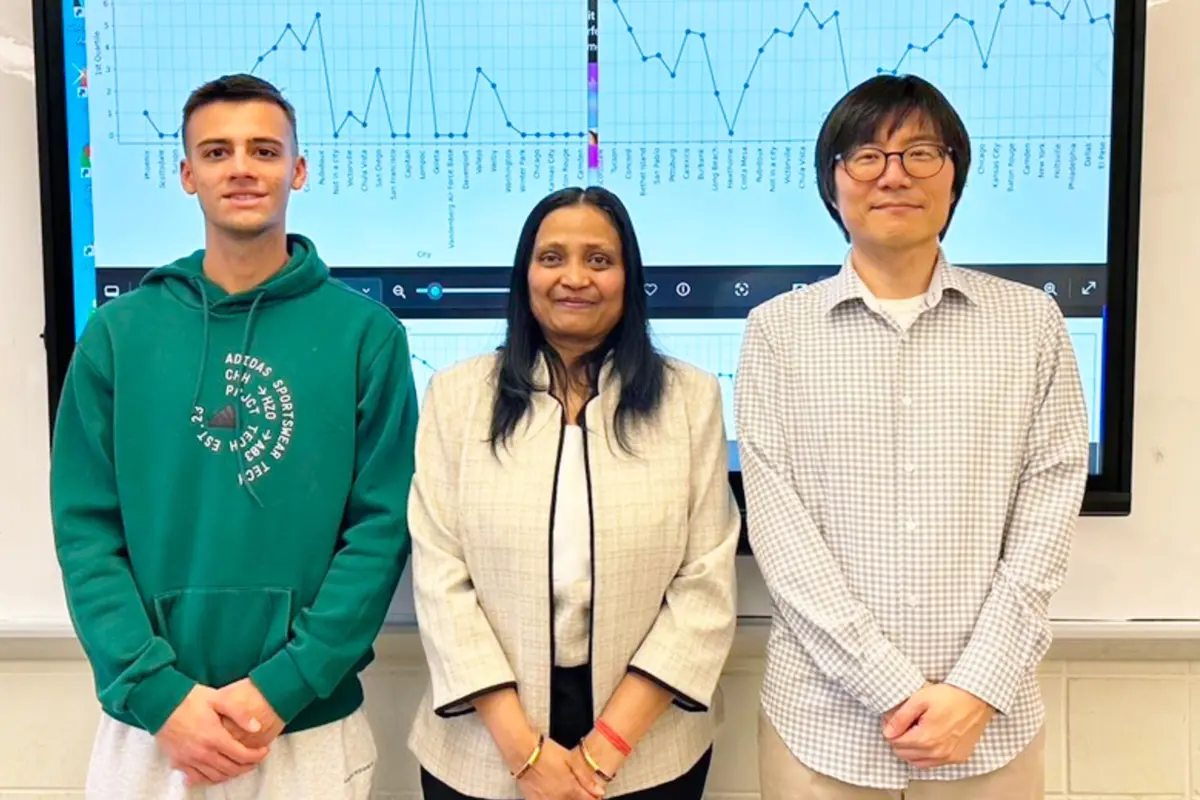
Christopher Miranda, a senior Exercise Science major from Middletown, NJ, is studying the effect of Kanpu Masatsu—a traditional Japanese practice of gentle towel rubbing—on sleep quality and fatigue. When he learned he was a grant recipient, Christopher said he felt appreciative and excited. He has always loved doing research, and he looked forward to the opportunity to lead his own project.
Christopher has long been interested in ways to improve sleep and overall well-being. His curiosity was sparked further when Dr. Sachiko Komagata introduced him to Kanpu Masatsu and its potential benefits, inspiring him to explore the topic. Dr. Vincent Chen also became intrigued after learning about the method from Dr. Komagata, a recognized expert in holistic healthcare. Dr. Chen recommended quantitative research, and together, the team designed a study to better identify the effects of Kanpu Masatsu on sleep quality by collecting reliable physiological data using wearable sleep trackers.
The research has helped Christopher strengthen his communication and leadership skills as he guides and supports his peer student participants. “Receiving the grant has given me the opportunity to connect with my classmates and professors in a way that I never was able to before, making me feel closer to my peers,” Christopher explained.
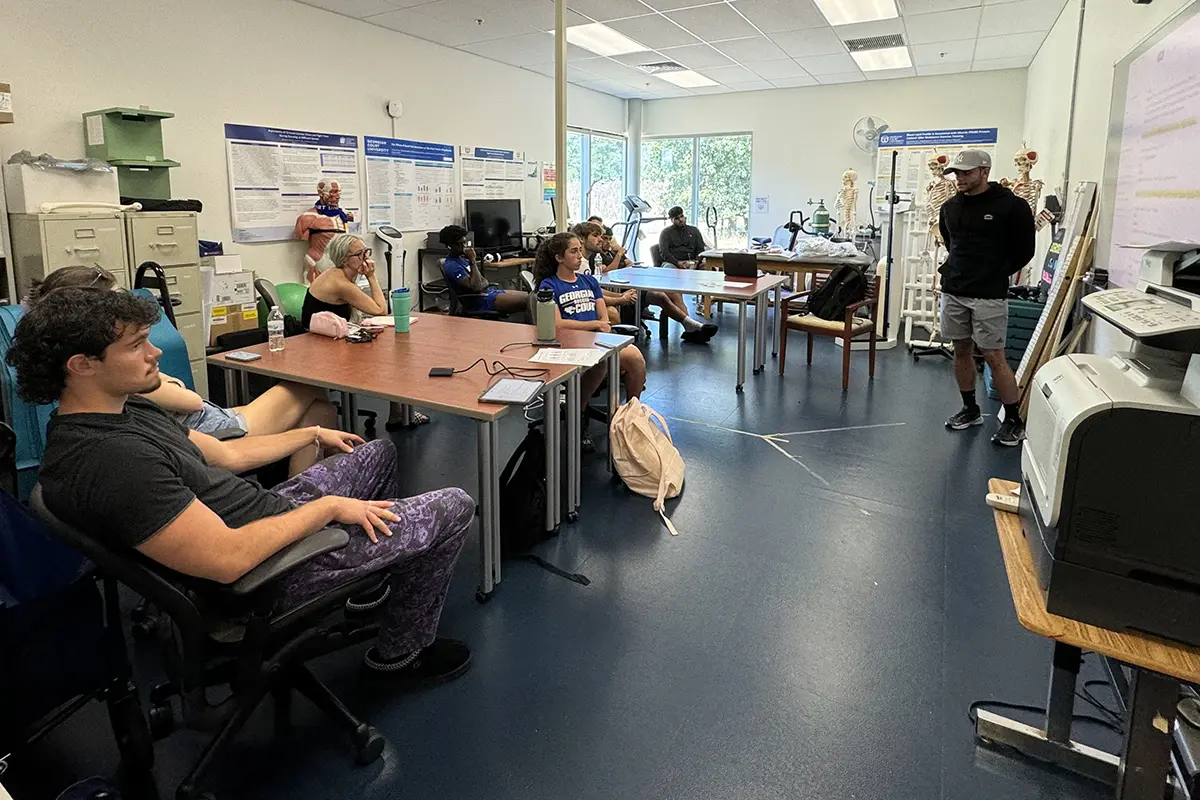
“As a Physical Therapist and trained Lymphedema therapist, I was already aware of the effects of a superficial massage on one’s lymphatic flow and edema,” said Dr. Komagata. “What’s especially exciting is that, to the best of my knowledge, no one has ever explored a connection between the Kanpu Masatsu, a superficial massage with a dry towel, with one’s quantitative quality of sleep,” said Dr. Komagata.
The NASA grant has made it possible for Christopher and his professors to collaborate and execute this research. “In other schools that are bigger in size, undergraduate students have very little to no chance of conducting research with professors, as these opportunities are reserved for graduate students,” said Dr. Chen. “At GCU, students are encouraged to conduct research with professors and receive grants from NASA, making our students very competitive in the graduate school application and job-seeking process.”
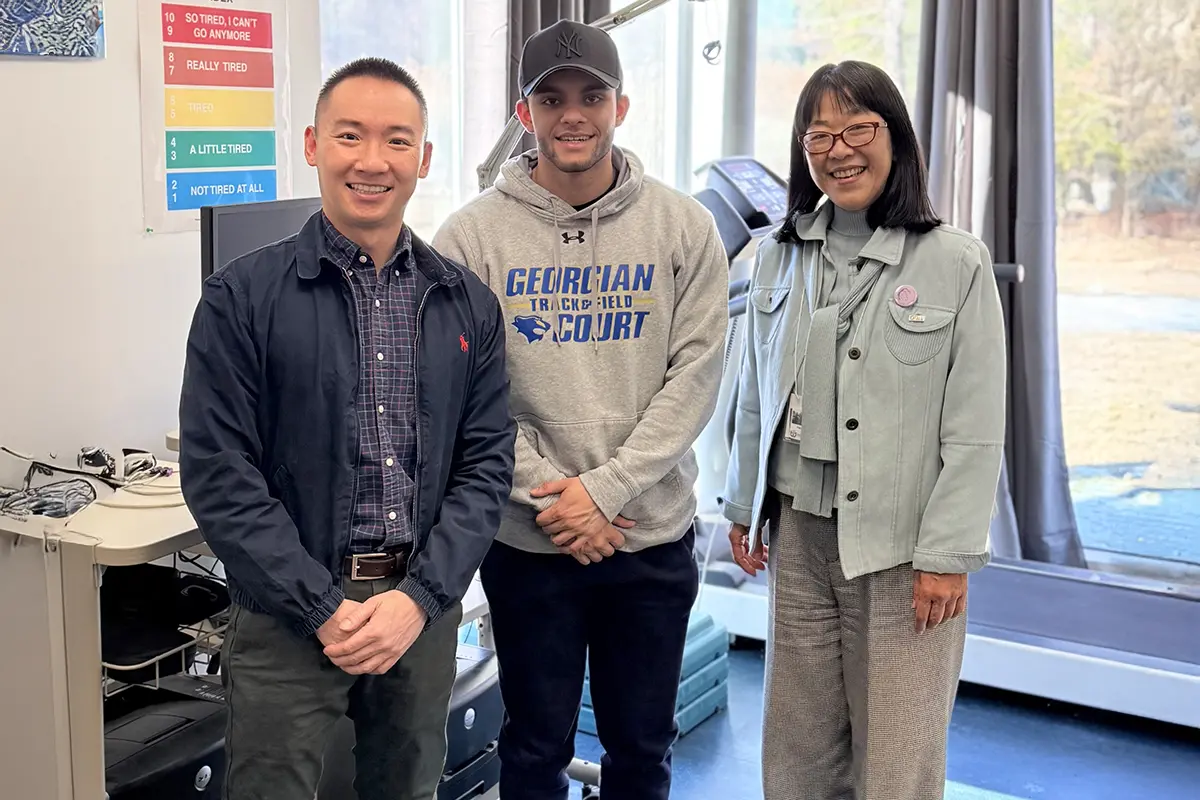
Joseph Murphy, a senior Exercise Science major and student-athlete from York, PA, is exploring how heart rate variability (HRV) shifts when an individual performs physical work, mental work, or both simultaneously. HRV is a key indicator of how well the body manages stress—while higher variability typically suggests that the body handles stress well, lower variability may signal strain or fatigue.
Joseph has always been interested in how the body can react to stress, and as an athlete, he is aware of how physical and mental health can affect performance. He wanted to learn more about HRV, which he viewed as a great way to measure the body’s response to stress. Receiving the grant made him excited and gave him more confidence and motivation to dive deeper into the project with Dr. Michael Wortley.
“In this study, people will either ride a bike lightly, do a memory test, or do both at the same time. We track their HRV to see how their bodies respond to these different tasks,” said Joseph. They aim to understand whether performing physical and mental work together causes more strain on the body, versus doing them separately. “This could help athletes, workers, and even medical professionals understand how to manage stress and workload better.”
Throughout the research process, Joseph has improved his problem-solving skills and learned about data collection, analyzing HRV, how the body responds to stress, and how to clearly present complex information. His advice to other Georgian Court students who want to participate in similar research is to “just go for it” and “reach out to professors, express your interest, and get involved.” “Research can be challenging, but it’s a great way to learn and build valuable skills,” Joseph added.
Ryan Cupo, a December 2024 graduate from Old Bridge, NJ, who majored in Chemistry, has been researching square planar transition metal complexes. After excelling in his inorganic chemistry class, Ryan and his professor, Dr. Prasad S. Lakkaraju, saw an opportunity to build on that momentum and deepen his understanding of inorganic chemistry through this focused research project.
When Ryan learned he had received the NASA NJ Space Grant, he was excited to begin research with NASA’s support—especially because the year before, he had conducted research entirely on his own without funding. “Some of these complexes—if I can make a good synthesis and advance my research—have excellent potential for anti-cancer properties,” Ryan explained. “That’s because of the unique abilities that some of these square planar complexes have in destroying specific cells.”
Now planning to pursue his master’s degree, Ryan sees the grant as a meaningful boost to his academic experience and his resume. He credits much of his growth to the guidance of Dr. Lakkaraju and Dr. Jessica A. Lisa. “They show that they care every single day,” he said. “Even through the failures and successes, they make sure we’re not only learning but growing as students and as people.”
Dr. Lakkaraju explained that independent work is crucial for his student researchers to learn. “I give my students instructions, but I ensure they work independently as much as possible, as that’s how they grow,” he said. “When they enter the workforce or become independent researchers, they are expected to do that.”
Ryan encourages other Georgian Court students to get involved in research early. “Starting sooner helps you figure out what you like and don’t like quickly while also gaining recognition for your work.”
Neil Spira, a senior Chemistry major from Freehold, NJ, has been researching column chromatography with quantum dots—a specific type of nanoparticle. Neil explored the topic with Dr. Lakkaraju, and his fascination with how nanoparticles glow when placed under a UV lamp inspired him to begin studying quantum dots.
Neil’s research has been guided by Dr. Beth A. Schaefer and Dr. Lakkaraju, and both professors emphasize the value of hands-on research for undergraduate students. “Classes provide a lot of experience, including solving problems on paper, but when students see it in real life, it’s very different,” said Dr. Schaefer. “Science isn’t this glorified romantic thing; it’s hard work. Students have to take a step back, start over again, and keep trying when there is a mistake made before they get some success.”
Nanoparticles have been gaining more popularity in their demand for different types of uses since the 2023 Nobel Prize in Chemistry, which rewarded the discovery, development, and synthesis of quantum dots.
“NASA is not just about rockets. One of their goals is to figure out how to start life on planet Mars, so they are interested in chemistry—like how to convert carbon dioxide into glucose in an environment where carbon dioxide is the only resource available,” said Dr. Lakkaraju. “The use of nanoparticles may be helpful for many of the NASA projects in terms of catalysis, for example.”
When Neil learned he was a grant recipient, he was eager to experience leading his own research with a specific objective. “Right now, we’re trying to advance optimization, like how small we can get these particles and the most efficient way to do it,” said Neil. His research has had a significant influence on his career aspirations, shaping his goals through both the success and challenges he’s encountered, as well as his hands-on experiences working with the specialized machines for his project. “Experience is the best teacher,” he added.
His advice to Georgian Court students interested in similar research opportunities is to “just try it, but not to be so goal-driven long term, because it can seem daunting,” and to “take it one day at a time, and enjoy that time.”
Sama Hassanein, a junior Biology major and Chemistry minor from Toms River, NJ, has been conducting research on the quantum yield of quantum dots separate from the grant with her professors, Dr. Lakkaraju and Dr. Schaefer.
After reading about the quantum yield of gold nanoparticles and their medical uses, and taking organic chemistry, she was fascinated by nanoparticle research and decided to start her own research–enjoying the process ever since. Sama’s research has taught her various skills, including how to analyze, repeat, and correctly use data while ensuring that the data is credible and can be replicated.
“Dr. Schaefer and Dr. Lakkaraju have always supported and believed in me,” Sama said. “I found it so nice, despite not having experience, that they accepted me and taught me everything from scratch for this research project.”
